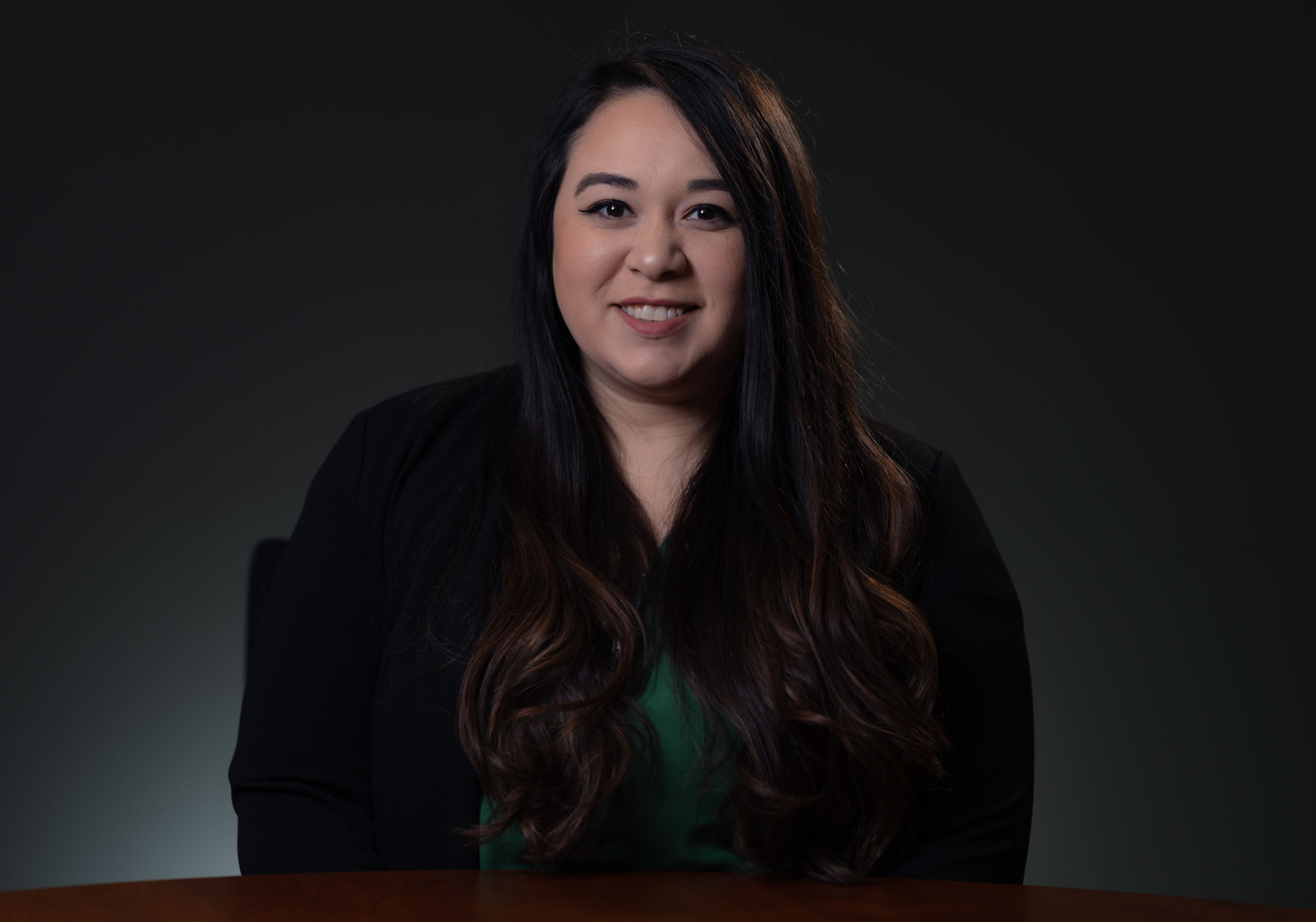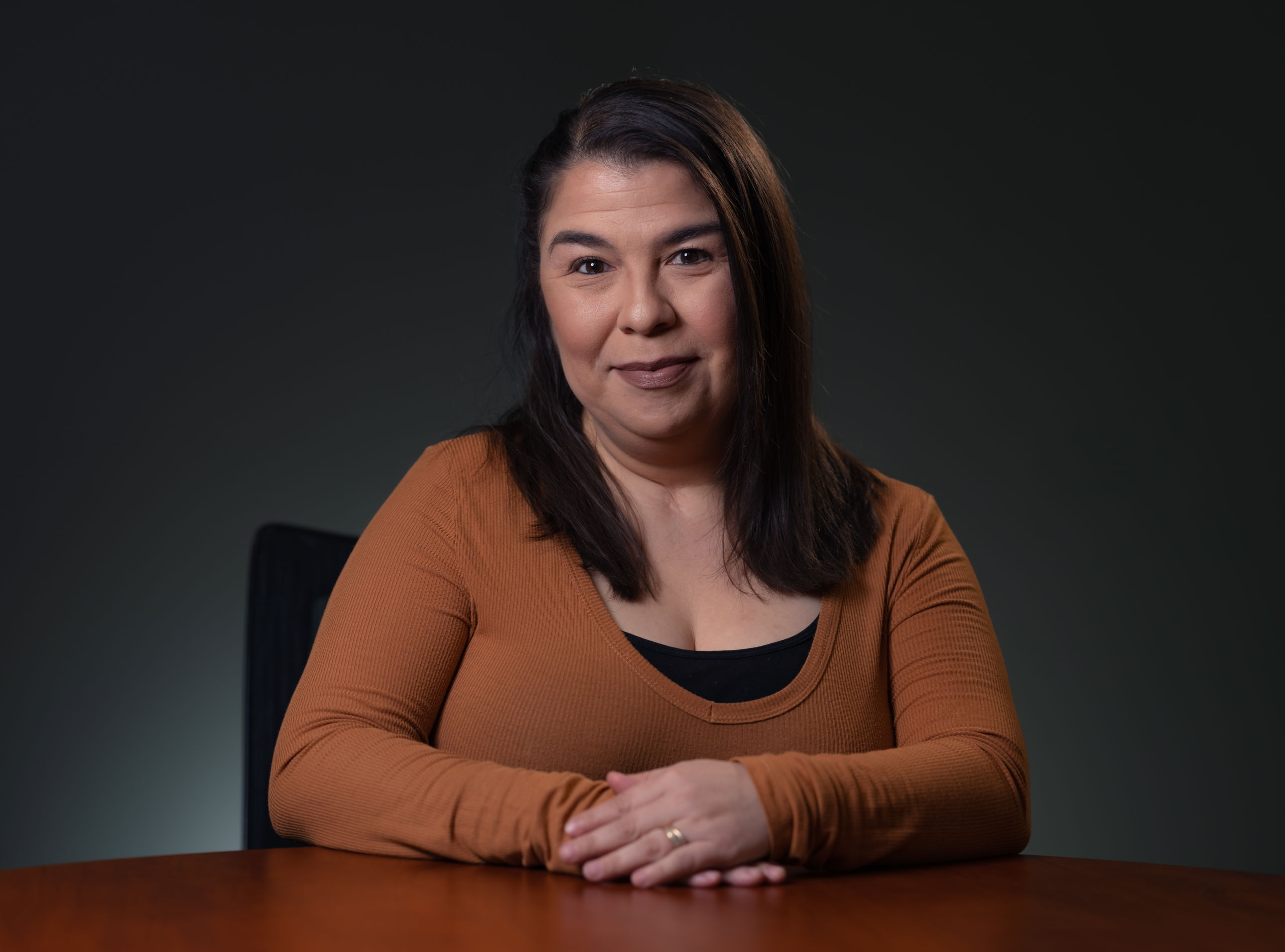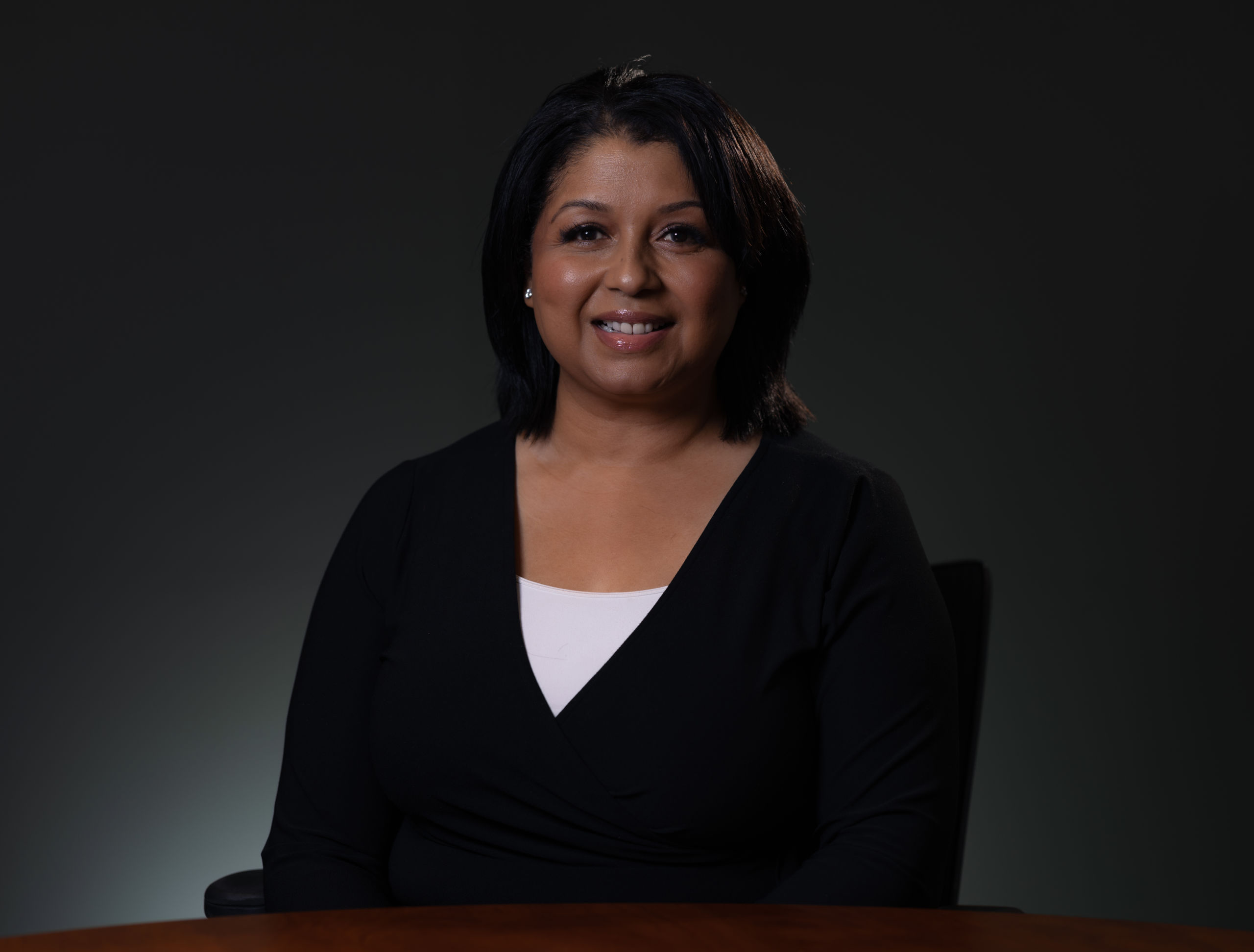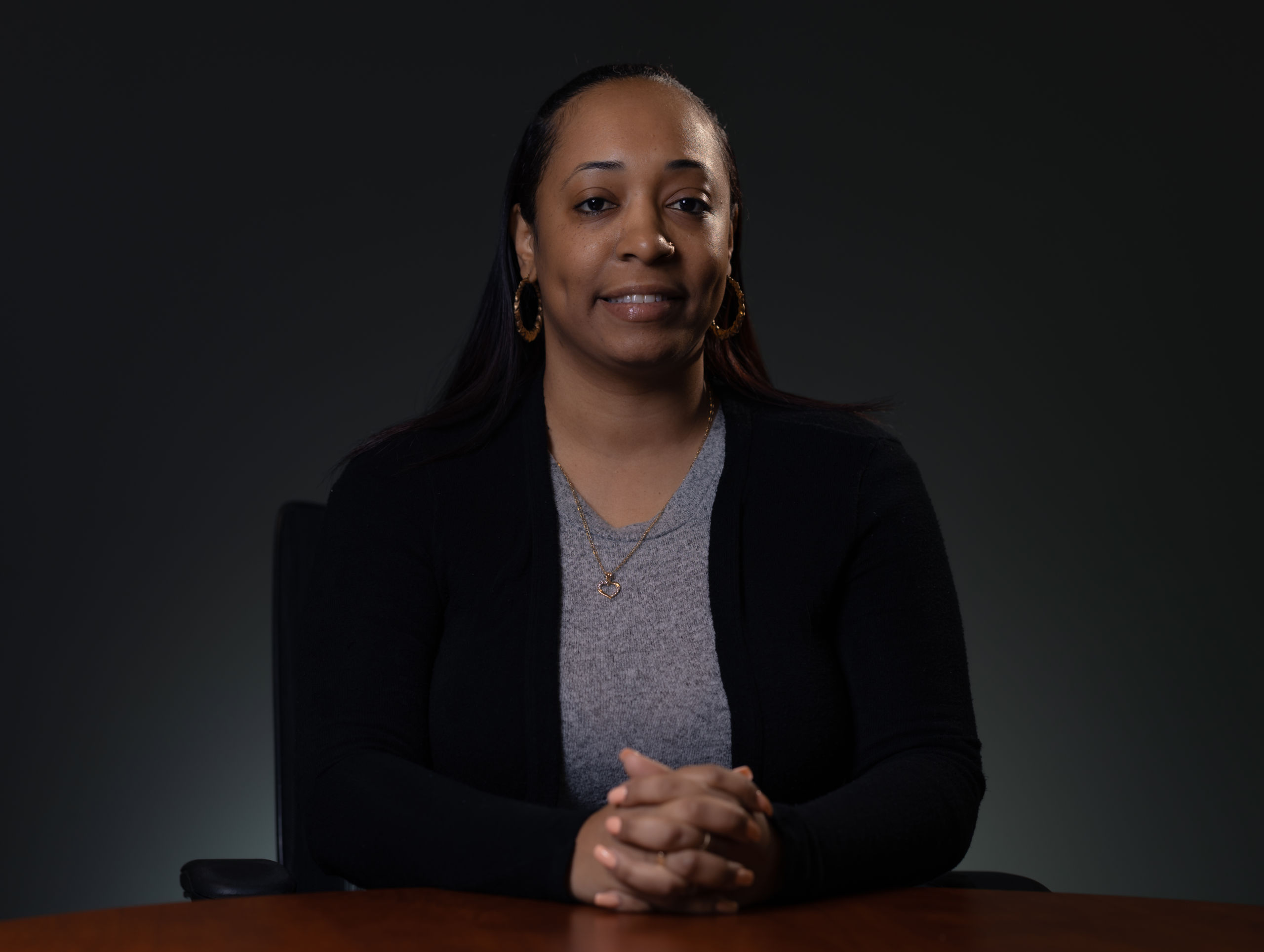Karla specializes in working with real estate investors from all over the country. An investor herself, Karla has firsthand knowledge on how to keep money in your pocket when you’re a real estate investor. Everything she teaches is lawful and done by many other real estate investors. Karla wants small real estate investors and small business owners to realize that they too can use these strategies to save money and not leave uncle sam a tip!
When Karla finished her undergraduate education, she did not take a traditional route. Instead of working at a CPA firm, she went to work at a Tax Law Firm. It was in this location that she was able to see the main difference between doing taxes and finding tax strategies. Karla got firsthand experience in how these businesses were using the law to legally reduce their taxes. After this experience, Karla went back to school and got her Master’s degree in Taxation and Business Development, thus starting her career as an Enrolled Agent (EA). Today, Karla has worked her business from the ground up, and now has an accounting firm with over 20 employees. Karla Dennis and Associates has clients from all 50 states and focuses on helping their clients save money legally and ethically. Through her tax strategies, her company has been able to help clients save thousands of dollars. She is the author of two books, Tax Storm and Against the Odds. Due to her successful business, Karla has been featured on various media outlets such as Forbes, MSNBC, KTLA, Yahoo! Finance, and SmartMoney, marking her as the ultimate tax expert.

KARLTON DENNIS
BUSINESS DIRECTOR

KENNETH DENNIS
MARKETING DIRECTOR

BRIANNA WHYTE
FIRM OPERATIONS MANAGER

BRIANA CALDWELL
SENIOR ACCOUNTANT

STEVE SONG
SENIOR TAX ADVISOR

BRANDY BROWN
BOOKKEEPER

LINDA HUBBARD
BOOKKEEPER

STERLING ATKINSON
STAFF ACCOUNTANT

CECE BENSON
BILLING ASSISTANT

MATTHEW NELSON
CLIENT MANAGER

RACHEL STAHLHUT
CLIENT SERVICE ASSOCIATE

YAMIRA MURPHY
FRONT OFFICE COORDINATOR

KYLE BASKA
TAX STRATEGY MANAGER

SHARICE JONES
TAX STRATEGIST

JENNA YIU
DATA ANALYST

JOHN DASPIT
MARKETING MANAGER

ZACH BURNETT
MEDIA BUYER

KHYREN CARTER
JR. COPYWRITER
From Our Blog
8 Retirement Moves You’re Most Likely to Regret
Quitting work too soon. One-third of all retirees will live to be over 91 years of age. Avoid the mistake of rushing to retire as soon as possible. Working until age 66 instead of 62 will increase your social security benefits by 25 percent. You can expect social security payments 75 percent higher if you wait until you’re 70 years old. Overestimating investment returns. Stock market returns can be depressed for 10 years or more. Just because the average return is 7.0 percent after adjusting for inflation doesn’t mean it’s seven percent every year. Be realistic in your assumptions about future returns.
Filing for Bankruptcy as a Retiree
Calculate what your income is. Your income will determine if you qualify for Chapter 7 or Chapter 13 bankruptcy. Income qualifications vary from one state to another, however, so it’s important to check the requirements for your state. Ensure your debts will be erased if you file for bankruptcy. Debts can be secured or unsecured, and some types of secured debts won’t go away when you file. What is Chapter 7 bankruptcy? Chapter 7 erases any unsecured debt, which includes medical bills as well as credit card debt. Your income has to be below a certain level for you to qualify for this type of bankruptcy and this level varies from one state to another. The downside of filing for Chapter 7 is that your assets will be sold to pay your creditors back. Your creditors will not be paid back if there are no assets to sell. What is Chapter 13 bankruptcy? Chapter 13 bankruptcy includes setting up a restructuration plan, usually with monthly payments. Filing for this type of bankruptcy means that you’ll have pay at least a portion of your debt. The main advantage of Chapter 13 is that your assets won’t be sold. However, you’ll have to prove that your income allows you to keep up with the repayment plan after subtracting your living expenses. Your secured debts also have to be below a certain level in order to qualify for Chapter 13. What kind of assets could you lose if you file under Chapter 7?
Things to Consider Before Lending Money to Family and Friends
Should you loan money to friend or family member? It’s […]
Top 10 Financial Challenges for Millennials
A lack of preparation for financial emergencies. Everyone needs an emergency fund. While the lack of an emergency fund is common within every age group, millennials are especially likely to not have any money set aside for emergencies. Strive to set aside 3-6 months of living expenses and you’ll be prepared for most financial emergencies. Failing to take advantage of 401(k) matching. If your employer offers 401(k) matching, take advantage of it. Not only will your money work for you, but your employer is giving you the same amount as what you’re investing. Considering future growth, your employer could be handing you a fortune – for free!
Think Like a CFO in Your Personal Finances and Enjoy a Brighter Future
Many people handle money well at work, but horribly at home. There’s a different mindset when you’re expected to act like a professional. What if you handled your personal finances with the same professionalism a CFO takes care of business? Discipline and professionalism can add a lot to your personal financial future. Just because no one is watching you doesn’t mean you can be irresponsible with your finances at home. Act like a CFO and take control of your money: 1. Live by your budget. Even the wealthiest companies have budgets that each department and manager are expected to follow. As your own personal CFO, you should prepare a monthly budget and chart any discrepancies. Then make the necessary budget adjustments. • If you don’t have a budget, creating one is the first order of business.













